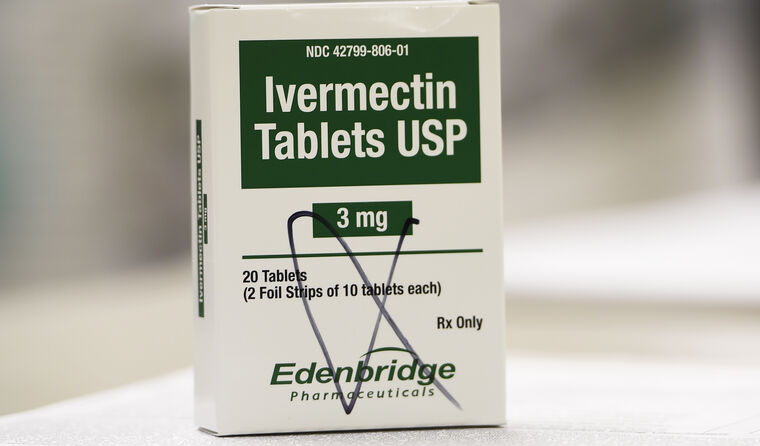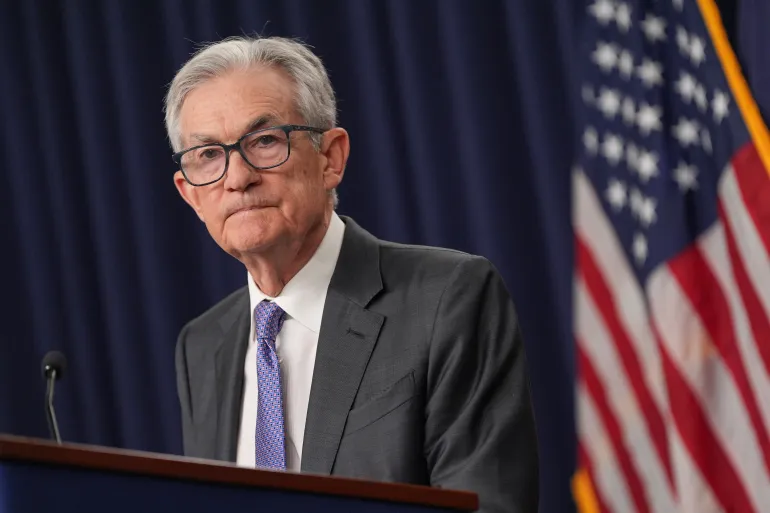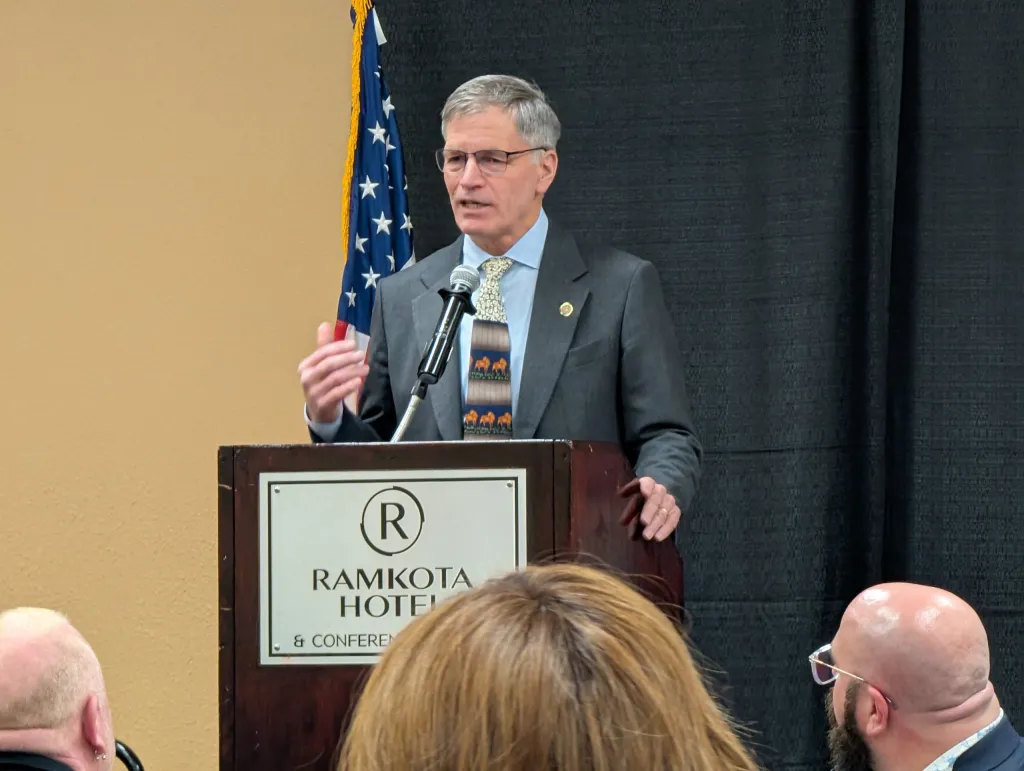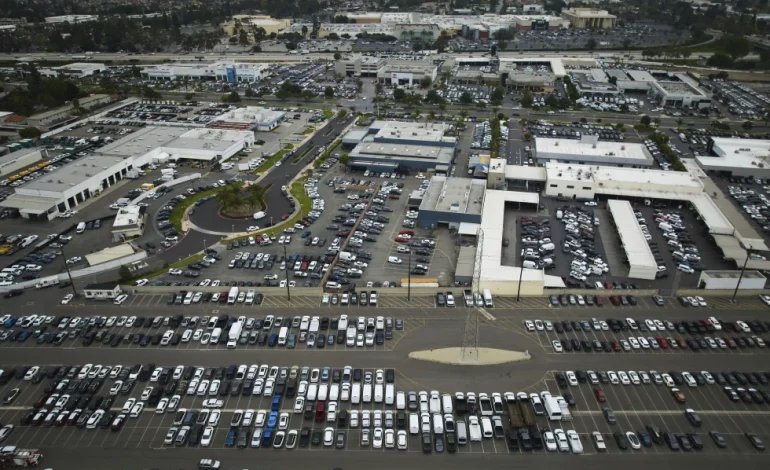Noted economist Arthur Laffer has cautioned that President Donald Trump’s newly announced 25% tariffs on auto imports could significantly impact the US automotive industry.
In a 21-page analysis obtained by The Associated Press, Laffer warns that the tariffs may add an estimated $4,711 to the cost of a vehicle and weaken US automakers’ ability to compete with foreign manufacturers.
Laffer, who received the Presidential Medal of Freedom from Trump in 2019 for his contributions to economic policy, argues that the auto industry would be in a stronger position if the administration preserved supply chain rules outlined in the United States-Mexico-Canada Agreement (USMCA), which was negotiated during Trump’s first term.
The White House has temporarily exempted auto and parts imports under the USMCA from the new tariffs, effective April 3, as the administration works on a process for taxing non-US content in vehicles and parts. However, Laffer warns that without this exemption, the tariffs could have severe consequences.
“A 25% tariff would not only shrink, or possibly eliminate, profit margins for US manufacturers but also weaken their ability to compete with international rivals,” Laffer wrote.
He added that the policy contradicts the administration’s stated goal of strengthening US manufacturing and economic stability.
Laffer’s report suggests that if the exemptions remain in place, the cost increase per vehicle could be reduced to $2,765. However, without these exemptions, US car prices are expected to rise significantly.
President Trump has defended the tariffs as a strategy to boost domestic auto production and reduce the federal budget deficit. He cited a recent $5.8 billion investment by South Korean automaker Hyundai in a Louisiana steel plant as proof that his policies are working.
“For the most part, I think it’s going to lead cars to be made in one location,” Trump said.
The President referred to his belief that the tariffs will incentivize automakers to increase US production.
However, auto industry executives have expressed concern that the tariffs will inevitably lead to price increases for consumers. When Trump spoke with CEOs of major automakers earlier this month, he reportedly warned them against raising prices due to the tariffs, a directive that left some executives uncertain about how to absorb the added costs.
Detroit automakers and parts suppliers have stated that the 25% tariffs will be difficult to offset without raising prices. Experts predict that the impact may not be immediate, as dealers currently have a two- to three-month supply of new vehicles. However, analysts at Morgan Stanley estimate that by May, vehicle prices could rise by 11% to 12% as companies pass on the higher costs to consumers.
Some auto executives have expressed frustration over the conflicting messages from the administration.
“The math would tell you, that’s going to cost us multibillions of dollars,” said one industry executive. “So who pays for that?”
Beyond the auto industry, other sectors are also voicing concerns. Energy companies worry that tariffs could lead to higher gasoline prices, particularly in the Midwest, while food companies fear increased costs on imported goods.
Clark Packard, a trade policy expert at the Cato Institute, noted that tariffs have historically been unpopular among American consumers.
“Trump is obviously very fond of tariffs, but the American public dislikes higher prices, as the 2024 election results clearly demonstrated,” Packard said.
The Associated Press, the New York Times, and the Wall Street Journal contributed to this report.










The latest news in your social feeds
Subscribe to our social media platforms to stay tuned